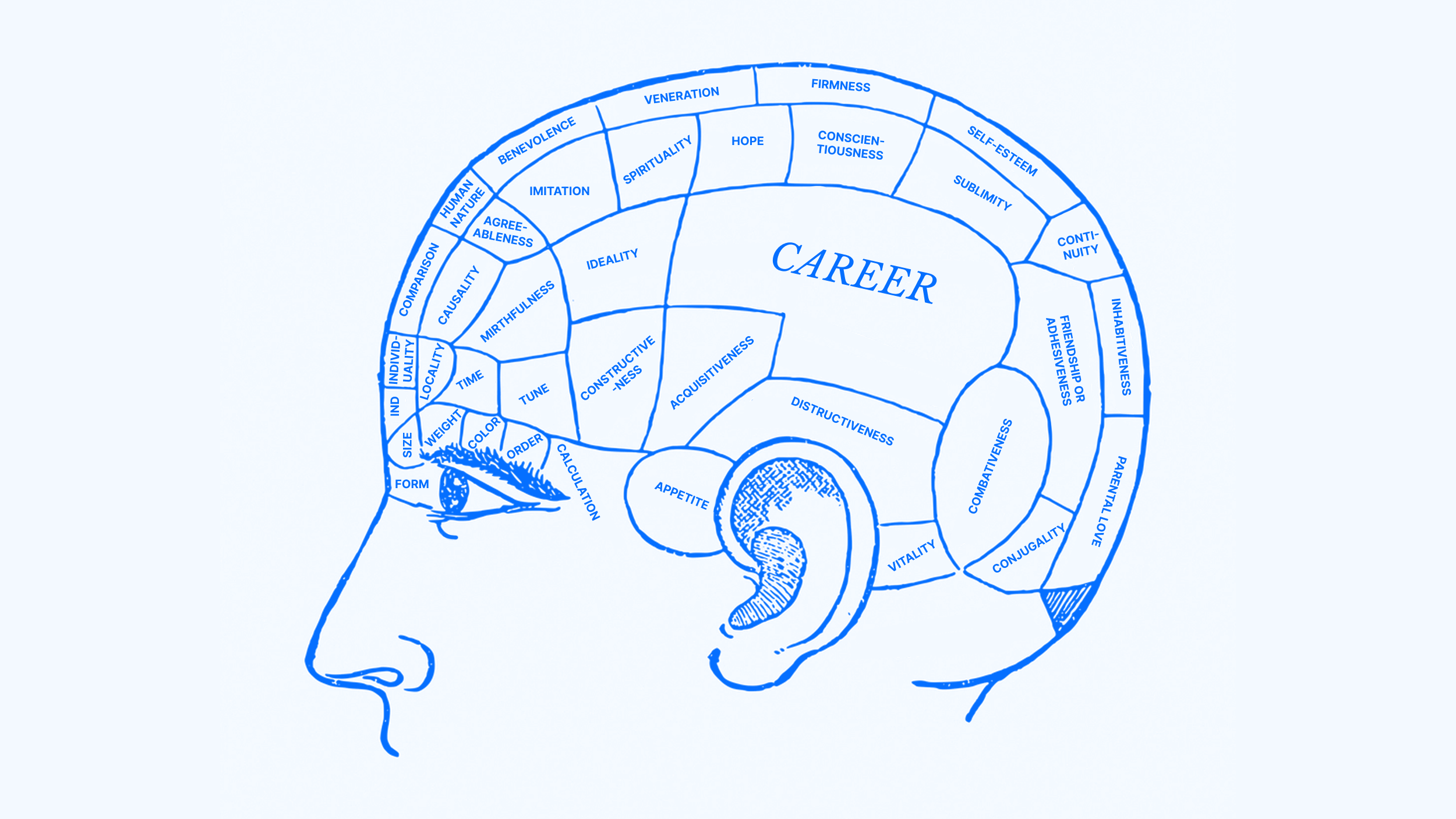Inside the Fuzzy Calculus of Tim Geithner

Albert Einstein once opined, “you can’t solve a problem with the same mind that created it.” How then, can we begin to cure our global economic ailments using the same thinking that brought us here?
In what amounts to the patients running the hospital, the same economists who are continually surprised by the depths of our economic downturn — and content to push back forecasts for the start of any market recovery — feel free to cast stones at our President and Treasury Secretary.
I’m not giving Mr. Geithner a passing grade on his work to-date, and remain skeptical of his recent call for G20 nations to boost spending. Equally, I’m also concerned that he wants to expand the powers and scope of the International Monetary Fund and am not convinced that we need another organization to join the Fed, FDIC, and OCC. But I do agree with his challenge to G20 nations to act more aggressively by boosting spending—we must tackle our global crisis with a global response.
As a student of systems thinking, I believe we must re-visit Russ Ackoff’s ideas as we begin to re-invent our global economy. As one of the world’s foremost experts on systems thinking says, “we can learn from mistakes if we identify and correct them. Therefore, organizations and individuals that never admit to a mistake never learn anything.
Organizations and individuals that always transfer responsibility for their mistakes to others also avoid learning.”
What our economies do not need is another band-aid; what we do amounts to a concentrated, collaborative effort on the part of all developed countries to bolster consumer confidence in order to attack our current market malaise. Just as Russell Ackoff views a corporation as “an organic whole swimming in its environment rather than as a conglomerate of disparate departments and functions,” so too must we view our interdependent economies. Geithner may not receive passing marks from every economist, but his statements in advance of next week’s summit in London, warts and all, just might.





